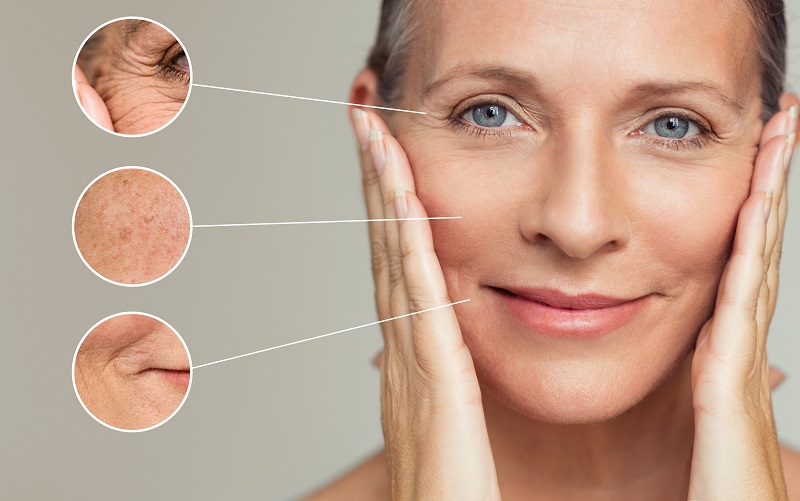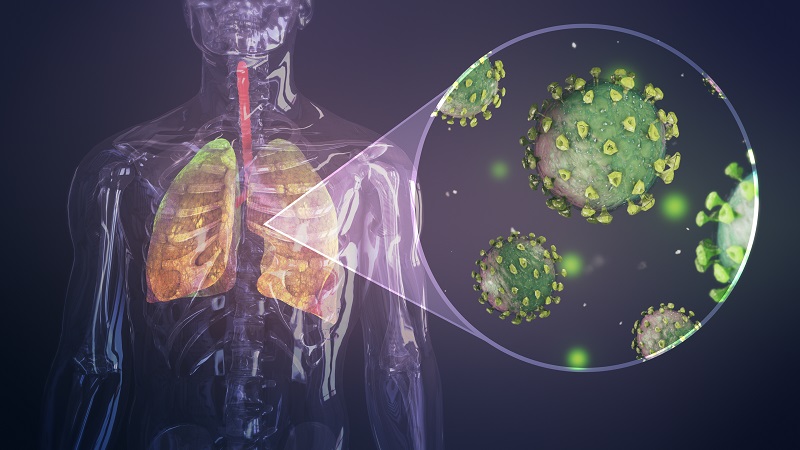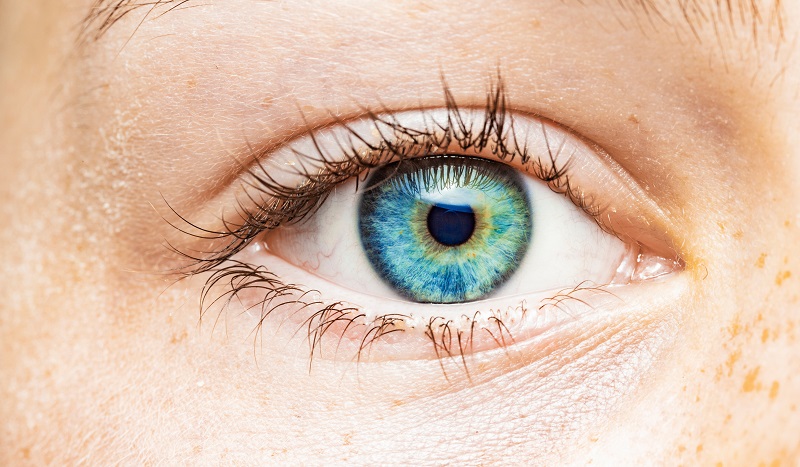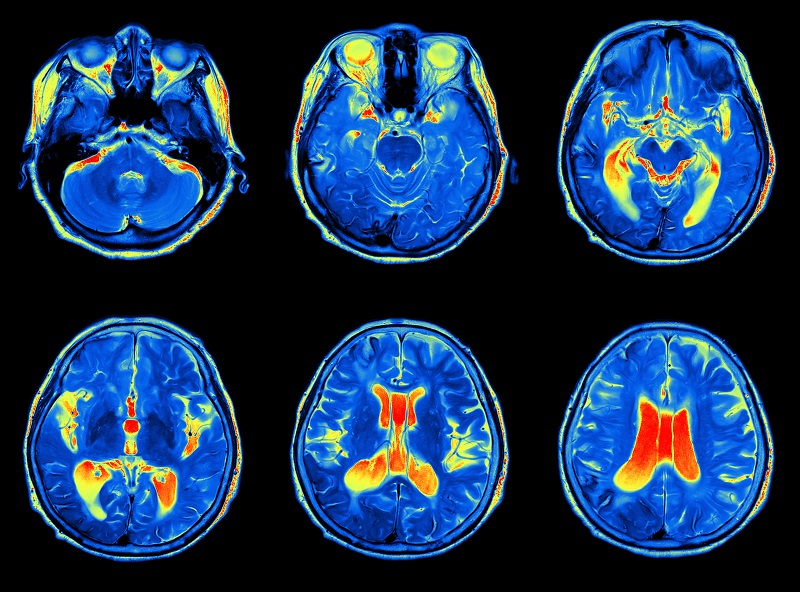The Role of CBD in Skincare

Cannabidiol or CBD has been hailed as a miracle drug, and steadily made its way into everyday products. This active ingredient of cannabis/marijuana is non-intoxicating and non-psychotic, which has made it acceptable to some governments. In the United States, CBD derived from hemp plants is legal.
Public demand for CBD has exploded in a short time, creating a billion-dollar global CBD market. The growing adoption of CBD-infused pharmaceuticals, personal care and cosmetics, and nutraceuticals has propelled the market to admirable heights.
This whitepaper provides a glimpse into the CBD skincare market, existing studies on CBD’s effects on skin disorders, and the range of CBD skincare products for consumers seeking an alternative to traditional Western skincare solutions.
CBD in skincare
Managing oxidative stress
When energy is generated within a cell, the process creates toxic molecules known as free radicals as a waste product. Stress and environmental agents, including smog and cigarette smoke also result in free radicals.
Free radicals contain an unpaired electron, negatively charged particles that try to pair with other electrons. If an electron struggles to pair itself, it reacts by pulling negative charges from neighboring molecules, creating more lonely electrons and ensuing a domino effect.
In response, the body uses antioxidants to stabilize free radicals, preventing them from damaging our cells’ DNA. If free radicals exceed antioxidants, they create a situation known as ‘oxidative stress’. As free radicals keep robbing particles from our DNA, they cause oxidative damage, the culprit behind skin inflammation and aging.
Antioxidants work together and synergistically support one another, helping maximize benefits to the body. They are far more powerful together, mitigating oxidative stress to not only heal but also prevent skin problems.
CBD is a potent antioxidant, its antioxidant properties exceeding that of Vitamins C and E. Antioxidants provide free negative charges to lonely electrons in free radicals to create a pair and prevent electron theft from healthy molecules.
The body produces antioxidants naturally, and many foods are rich in antioxidants. The synergistic effects of antioxidants make it advantageous for antioxidants from different sources to combine with each other in curtailing oxidation and aging.
Providing hydration
70% of our body is water. The cells in our skin’s tissues need adequate water to function properly. Skin that lacks hydration becomes tight, dry and flaky, making its barrier less resilient at keep harmful substances out of the skin, triggering unwanted reactions. Dehydrated skin is also susceptible to wrinkles and fine lines.
Roughness, dullness and flakiness are hallmarks of unhealthy skin, one that hasn’t been sufficiently nourished by water. Well hydrated skin is supple, more resilient at keeping harmful substances at bay, and imparts a youthful appeal to our face and body.
The easiest way to stay hydrated is to drink the recommended half a gallon/8-ounce glasses/2 liters of water a day. Studies have shown that higher water consumption might have a positive impact on normal skin physiology. While there are fewer studies on the effects of CBD on skin hydration, existing literature on the topic suggests that CBD can improve skin hydration.
A study in the journal Clinical Therapeutics evaluated the effect of a specific CBD ointment in 20 participants with either eczema, psoriasis or scarring, and concluded that the ointment was an effective moisturizing agent and prevented water loss, while also boosting the skin’s elasticity. Researchers agreed that the anti-inflammatory properties of CBD could be a factor, while also acknowledging the role of fatty acids in the ointment in delivering these benefits.
Enhancing complexion
By soothing visible red and irritated skin, CBD can help improve complexion. CBD’s inflammation-calming property makes it a beneficial ingredient in skincare products.
Studies have sought to understand the extent to which a topical cannabidiol product containing CBD or THC, the psychoactive compound in cannabis can penetrate the skin. One study in the Journal of Pharmacy and Pharmacology found that the transdermal permeability of CBD was 10-fold higher than THC. Still, it is difficult to create a topical CBD cream that can go so deep as to enter the bloodstream, at which point it will no longer be topical, rather transdermal, potentially reaching the brain. And if the cream or ointment also happens to contain THC, its application can cause psychoactive effects.
CBD’s ability to reduce skin inflammation goes a long way in improving the overall complexion. It is reasonable to assume that CBD skincare products could be especially beneficial for acne-prone skin, calming it and making it both look and feel better.
Keeping fungal infection away
Poor hygiene or an immediate environment that causes persistently moist and warm skin, can make our skin a hotbed for fungi. Although fungal infections of the skin are not harmful, they detract from the skin’s appearance
CBD oil has been seen to possess slight antifungal properties. CBD, cannabigerol (CBG) and cannabichromene (CBC) may boost the effects of caryphyllene oxide, a potent antifungal that prevents fungal growth in humans and cannabis plants. There are also studies suggesting CBD oil’s anti-bacterial properties, specifically in inhibiting the growth of staphylococcus aureus, which is responsible for causing infections of the skin, bone and heart valves.
CBD in the treatment of skin disorders
“There are studies that show CBD oil improves acne due to its anti-inflammatory properties and its ability to control sebum production. In addition, it is a botanical antioxidant, which makes it a powerhouse for anti-aging protecting from environmental damage improving the skin’s texture and tone,”
- Michele Green, M.D., New York-based board-certified dermatologist
“One review of existing research into the role of cannabis in dermatology found CBD can benefit patients fighting conditions that cause itching. This can have a lot of positive effects on patients reducing discomfort, inflammation, and preventing patients from worsening their condition by picking at their skin.”
- Manish Shah, M.D., board-certified plastic surgeon in Denver, Colorado
“Cannabidiol offers some serious antioxidant and anti-inflammatory benefits which can be beneficial in treating skin concerns like inflammation, dryness and free radical damage.”
- Ildi Pekar, NYC-based aesthetician
Source
Forbes
Byrdie
Studies on the benefits of CBD for the skin
Cannabinoids’ powerful anti-inflammatory properties hold promise for skincare, and the treatment and management of skin disorders.
A study investigating the therapeutic effect of CBD-ointment applied for chronic inflammatory skin diseases and the scars they leave behind, found CBD ointment to be an effective and a safe non-invasive alternative to enhance the quality of life of patients with such skin disorders.
Cannabidiol could help regulate and reduce oil production. The sebaceous glands produce natural oils known as sebum that keeps skin hydrated and healthy. Sebaceous glands can produce too much oil in some people, causing what we call ‘oily skin’. Oil skin can make skin more acne prone. As an effective ‘sebostatic agent’, CBD has promising potential in the treatment of acne vulgaris.
One study found that CBD could have a protective effect for the human endocannabinoid system in managing allergic contact dermatitis, an inflammation caused by a skin allergy or infection when substances found in our home and work environment come in contact with our skin.
Autoimmune disease psoriasis causes red patches of itchy, scaly skin on the body. A study found that cannabinoid receptors inhibited inflammation-causing keratinocytes, and could therefore play a positive role in psoriasis treatment.
An alternative to steroid creams
Dermatologists prescribe topical steroid creams to control dermatitis, eczema and several other skin conditions. Topical steroids or corticosteroids reduce inflammation by mimicking corticosteroid hormones naturally produced by the human body. Effective and safe, they are used extensively. However, many consumers prefer to avoid the use of steroid in any way, and for them, CBD is a viable alternative therapy.
Dermatologists even recommend using both steroids and CBD creams in managing inflammatory skin conditions. Topical steroidal medications can be first applied to alleviate the symptoms, and CBD creams can be applied as the symptoms ease out.
The Global CBD Skincare Market is Poised for a Billion Dollar Valuation by 2025
In 2018, the global CBD skincare market was worth USD 234.1 million, and is projected to expand to USD 1.7 billion by 2025, at an expansion in CAGR of 32.9% between 2019 and 2025. Over 40.8% of the market is held by North America on account of the legalization of cannabis in the United States and Canada.
- CBD-based skincare oils dominated the market, accounting for 40.9% share in 2018.
- Hemp-infused skincare products made up 62.8% of the market. The high fatty acid content of hemp has a rejuvenating effect on dry and damaged skin.
- CBD-based masks and serums are expected to increase at the highest CAGR of 33.7% over the forecast period.
Asia Pacific is forecasted to witness strong growth in the coming years, on the back of J-beauty and K-beauty movements.
Although cannabis is decriminalized partially in Israel, the country is at the forefront of medical cannabis research and innovation. Israel is one of only three countries worldwide to receive financial assistance for cannabis research from their government. Government sponsorship has encouraged cannabis researchers and firms in the U.S. to escape their country’s burdensome regulations and relocate to Israel. It was reported that, as of 2016, over 50 U.S. companies were pursuing cannabis research in Israel, pouring some $125 billion into the country’s cannabis operations.
An increasing demand for natural skincare products
The organic personal care and cosmetic products market is expected to grow to $19.8 billion by 2022. In developed countries such as the U.K and U.S., governments have implemented regulations mandating minimal use of synthetic ingredients in cosmetic products. Additionally, governments in several countries have actively encouraged and supported the use of natural ingredients in cosmetics.
This development augers well for CBD skincare products that use plant- or animal-derived raw materials, and fewer or no synthetic ingredients. Greater consumer awareness regarding the potential effects of chemically-laced skincare products has also seen a shift to skin-enhancing products that assure ‘clean beauty’. While the main motive of consumers is to avoid parabens, sodium lauryl sulfate, sodium laureth sulfate, and other harmful chemicals, consumers have also demonstrated an interest in supporting ethical brands.
Organic products can provide the same quality of skincare as drugstore products. Advanced technology and research have made it possible to extract beneficial compounds from plants and ensure their effective absorption into the skin.
The universe of CBD skincare products
CBD face serums: Face serums are lighter than moisturizers, penetrating deeper to deliver active ingredients into our skin. They hydrate the skin, increase its suppleness, improve its texture and make pores appear smaller.
CBD-integrated skin serums, along with Vitamin E and active ingredients, can reduce fine lines and boost the skin’s radiance.
CBD face oils: Oils are an effective solution for dry and flaky skin, serving as an alternative to moisturizing lotions and creams. Facial oils have been marketed as being anti-ageing as they contain antioxidants that reduce oxidative stress and strengthen skin elasticity.
Face oils containing CBD and other plant-derived ingredients can hydrate the skin, enhancing complexion and effectively nourishing the skin.
CBD-integrated face creams: Face creams have become our go-to when we want to soothe dry areas of our skin. The incredible range of face creams available today satisfies the common and less common consumer needs. From creams that help recover from accumulated damage to skin cooling creams meant for hot days, there is something for every face cream user.
CBD face creams, along with Vitamin E and active ingredients, revitalize complexion by providing the skin the nourishment it needs. Their benefits range from helping create more youthful looking skin to hydrating the skin to boost its elasticity.
CBD sleeping masks: Sleeping masks form a barrier against dirt and dust, while locking in beneficial active ingredients important to skin health. Formulated with natural, active and innovative ingredients, CBD-infused sleep masks hydrate, soothe and brighten the skin.
CBD body oils: Body oils are highly concentrated liquids that penetrate the skin quickly. They soften the skin, and over time, improve its appearance and quality.
Body oils containing CBD and plant-derived ingredients hydrate, soften and improve the complexion of skin.
CBD cleansing balms: Cleansing balms remove dirt and impurities from the skin, while also helping maintain moisture balance. They have become popular as a facial cleanser as they don’t leave the skin feeling tight after a clean-up.
CBD cleansing balms not only do a good job of removing dirt, oil, makeup and other impurities, but also have an exfoliating and hydrating effect on the skin.
More articles:











